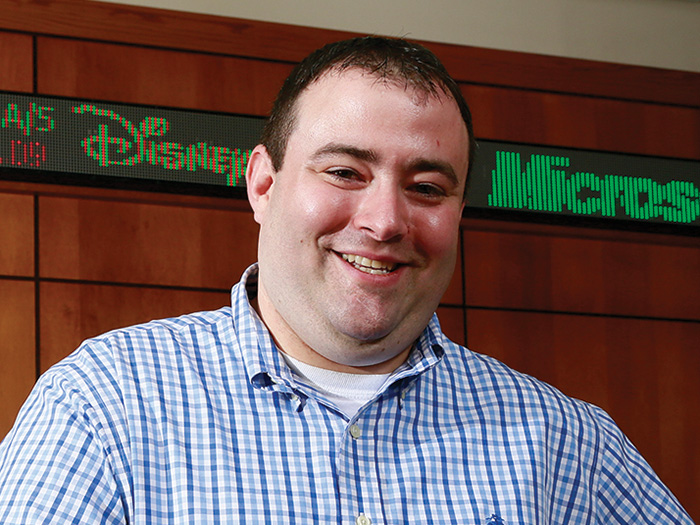Attendant Care Services
Attendant Care Services Can Be Awarded Retroactively
Mehaffey v. Burger King, No. 24PA12 (N.C. 11/08/13).
Ruling: The North Carolina Supreme Court held that a manager’s wife could receive compensation for her past attendant care services but sent the case back to the Industrial Commission for a determination on the reasonableness of the timing of the manager’s request for approval of attendant care.
What it means: In North Carolina, the Industrial Commission cannot bar certain individuals from receiving compensation for attendant care services provided before obtaining approval for the services.
Summary: A restaurant manager suffered a compensable injury to his left knee. He underwent surgery, but his condition failed to improve. He developed reflex sympathetic dystrophy and depression related to the injury. Since his injury, his wife assisted him with his daily activities in the home. One year after the injury, the wife left her outside employment and cared for him 16 hours per day. The manager’s physician recommended that he receive attendant care services.
The manager and restaurant disagreed whether the wife should be compensated for the attendant care she provided before the Industrial Commission approved her rendering that service. The North Carolina Supreme Court held that the wife could receive compensation for her past attendant care services but sent the case back to the commission for a determination on the reasonableness of the timing of the manager’s request for approval of attendant care.
The restaurant asserted that the medical fee schedule prevented an award of retroactive compensation to the manager’s wife. The court found that the statutes did not give the commission the authority to mandate that certain attendant care service providers could not be compensated unless they first obtained approval before rendering assistance. Therefore, the wife could be entitled to retroactive compensation for the attendant care services she provided the manager.
The court pointed out that an injured worker is required to obtain approval from the commission within a reasonable time after he selects a medical provider. The restaurant challenged the reasonableness of the timing of the manager’s request. The court sent the case back to the commission for consideration of the issue.
A dissenting judge opined that the majority expended the potential liability of employers through “judicial legislation,” pointing out that the preapproval requirement is designed to control medical costs while balancing worker access to care.










